Understanding Morel Mushrooms and Dogs
Morel mushrooms (Morchella species) are prized edible fungi known for their distinctive honeycomb appearance, rich earthy flavor, and seasonal scarcity. As these wild delicacies become increasingly popular in gourmet cooking, many dog owners naturally wonder: can dogs eat morel mushrooms? This question is especially relevant for pet owners who forage for morels or cook with them at home, where curious canines might have access to these mushrooms.
Understanding whether morel mushrooms are safe for dogs requires examining several factors, including their nutritional composition, potential toxicity concerns, and how a dog's digestive system differs from humans. This comprehensive guide will help you navigate the complexities of morel mushroom consumption for your canine companion, providing evidence-based information to keep your pet safe.

The General Consensus on Mushrooms and Dogs
Most Wild Mushrooms Are Unsafe
When it comes to dogs and wild mushrooms, veterinary experts generally advise caution:
- Wild mushroom diversity: With thousands of mushroom species in North America alone, identification can be challenging even for experts
- Toxic varieties: Many wild mushrooms contain compounds toxic to dogs
- Rapid symptoms: Mushroom toxicity can cause symptoms within 30 minutes to several hours
- Severity range: Effects can range from mild gastrointestinal upset to severe organ damage or death
- Curious canines: Dogs often investigate with their mouths, making accidental consumption possible
These general concerns set the stage for examining morels specifically.
Veterinary Perspective
Veterinary consensus on mushrooms generally follows these guidelines:
- Presumption of risk: Most vets recommend assuming any wild mushroom is unsafe for dogs unless proven otherwise
- Prevention focus: Keeping dogs away from all wild mushrooms is typically advised
- Emergency treatment: If mushroom ingestion is suspected, immediate veterinary care is recommended
- Individual variation: Dogs may react differently to the same mushroom species
- Limited research: Scientific studies on specific mushroom effects on dogs are relatively scarce
This cautious approach shapes how we should view morel mushrooms and canine consumption.
Morel Mushrooms: Toxicity Considerations
Are Morels Toxic to Dogs?
Examining the specific case of true morel mushrooms:
- Conditional edibility: True morels are considered edible for humans only when properly identified and thoroughly cooked
- Raw toxicity: Raw morels contain hydrazine compounds that are toxic to both humans and dogs
- Cooking requirement: Proper cooking breaks down these toxic compounds
- Identification challenges: False morels (Gyromitra species) resemble true morels but contain higher levels of toxins
- Limited dog-specific data: Few scientific studies directly examine morel effects on dogs
This information suggests that while properly cooked true morels may not be immediately toxic, other factors must be considered.
Potential Risks of Morels for Dogs
Even properly cooked morels present several concerns for canine consumption:
- Digestive sensitivity: Dogs have different digestive systems than humans, potentially reacting to compounds that don't affect people
- Individual allergies: Some dogs may have allergic reactions to mushroom proteins
- Gastrointestinal irritation: The fibrous texture of morels can cause digestive upset
- Butter and seasonings: Morels are often cooked with butter, garlic, or onions, which can be harmful to dogs
- Size consideration: What might be a safe amount for a human could be proportionally much larger for a dog
These factors complicate the simple question of whether morels are "safe" for dogs.
Symptoms of Mushroom Toxicity in Dogs
Warning Signs to Watch For
If your dog consumes morel mushrooms or any wild mushroom, watch for these symptoms:
- Gastrointestinal distress: Vomiting, diarrhea, abdominal pain
- Lethargy: Unusual tiredness or weakness
- Neurological signs: Tremors, seizures, disorientation, or staggering
- Excessive drooling: More salivation than normal
- Yellowing of eyes or gums: Indicates potential liver damage
- Changes in urination: Decreased urination or changes in urine color
The appearance of any of these symptoms following potential mushroom consumption warrants immediate veterinary attention.
Timeframe for Symptoms
Mushroom toxicity symptoms can appear on different timelines:
- Early onset (30 minutes to 3 hours): Usually gastrointestinal symptoms
- Delayed onset (6-12 hours): Often indicates more serious toxicity
- Extended delay (1-3 days): Might indicate liver or kidney damage
- Symptom progression: Initial mild symptoms may worsen over time
- Symptom fluctuation: Temporary improvement doesn't necessarily indicate recovery
Understanding this timeline helps determine when veterinary intervention is necessary.

What to Do If Your Dog Eats Morel Mushrooms
Immediate Response
If you catch your dog eating morel mushrooms:
- Remove access: Take away any remaining mushrooms
- Preserve sample: If possible, save a sample of the mushroom for identification
- Note time: Record when consumption occurred
- Check quantity: Estimate how much was consumed
- Photograph evidence: If you can't preserve the mushroom, take clear photos
These steps provide critical information for veterinary treatment.
When to Contact a Veterinarian
Guidelines for seeking professional help:
- Immediate contact: Call your vet or pet poison control immediately after known or suspected consumption
- Suspicious symptoms: Contact a vet if any symptoms appear following potential mushroom exposure
- Emergency situations: Go directly to an emergency vet if your dog shows severe symptoms
- Follow-up care: Even after initial treatment, follow-up observation may be necessary
- Document details: Record all symptoms and their timeline to share with your vet
Early intervention significantly improves outcomes in cases of mushroom toxicity.
Veterinary Treatment Options
Potential treatments your vet might recommend:
- Induced vomiting: If consumption was recent (within 1-2 hours)
- Activated charcoal: To bind toxins in the digestive tract
- IV fluids: To support kidney function and prevent dehydration
- Liver protectants: Medications that support liver function
- Symptom management: Treatments for specific symptoms as they appear
- Hospitalization: Monitoring and supportive care for severe cases
Early treatment is the most effective approach for mushroom toxicity.
The Nutritional Perspective
Potential Benefits vs. Risks
Considering morels from a nutritional standpoint:
- Nutrient content: Morels contain protein, fiber, vitamins, and minerals
- Digestibility concerns: Dogs may not efficiently digest mushroom nutrients
- Unnecessary addition: Dogs don't require mushrooms in their diet
- Alternative sources: Any beneficial nutrients in morels are available in dog-appropriate foods
- Risk-benefit ratio: Potential benefits rarely outweigh the risks
This nutritional perspective suggests little reason to intentionally feed morels to dogs.
Better Alternatives for Dogs
Instead of morels, consider these safer options:
- Commercial dog food: Provides balanced nutrition
- Dog-safe vegetables: Carrots, green beans, or pumpkin offer fiber and nutrients
- Lean proteins: Chicken or turkey without seasonings
- Veterinary-approved treats: Specifically formulated for canine health
- Consultation option: Discuss dietary supplements with your vet if seeking specific benefits
These alternatives provide nutritional benefits without the risks associated with morels.
Prevention: Keeping Dogs Safe from Wild Mushrooms
Yard Management
Proactive steps for your home environment:
- Regular inspection: Check your yard frequently for mushroom growth, especially in damp conditions
- Prompt removal: Remove any mushrooms that appear in areas accessible to your dog
- Root elimination: Remove the entire mushroom including the base to prevent regrowth
- Reduce conditions: Improve drainage in areas prone to mushroom growth
- Professional consultation: Consider mycologist assessment if persistent problems occur
These measures help eliminate mushroom exposure risk in your dog's daily environment.
Outdoor Safety
Protecting your dog during walks and outdoor activities:
- Leash usage: Keep dogs leashed in areas where mushrooms might grow
- Training commands: Teach reliable "leave it" and "drop it" commands
- Visual scanning: Watch the ground ahead during walks, especially in wooded areas
- Seasonal awareness: Be particularly vigilant during spring and fall mushroom seasons
- Post-rain caution: Exercise extra care after rainy periods when mushrooms often emerge
These habits help prevent accidental consumption during outdoor activities.
Kitchen Safety
Precautions when cooking with morels at home:
- Secure storage: Store fresh morels in locations inaccessible to dogs
- Clean workspace: Properly dispose of stems, trimmings, and any dropped pieces
- Cooking separation: Keep dogs out of the kitchen when preparing morels
- Plate clearing: Don't leave plates with mushroom residue where dogs can reach them
- Trash security: Ensure garbage containing mushroom scraps is secure
These kitchen practices prevent access to morels and potentially harmful seasonings.

Safe Mushroom Options for Dogs
Commercially Available Mushroom Supplements
If you're interested in potential mushroom benefits for dogs:
- Veterinary formulations: Some pet supplement companies offer mushroom products formulated specifically for dogs
- Quality considerations: Look for products with third-party testing
- Appropriate species: Usually contain medicinal mushrooms like reishi or turkey tail, not morels
- Proper dosing: Follow package instructions for your dog's weight
- Veterinary guidance: Consult your vet before starting any supplement
These products offer a safer alternative to wild mushrooms if you're seeking potential health benefits.
Medicinal Mushroom Research
Emerging research on certain mushroom species for dogs:
- Immune support: Some studies suggest certain medicinal mushrooms may support canine immune function
- Research limitations: Most studies are preliminary or limited in scope
- Species specificity: Research typically involves specific medicinal mushrooms, not culinary varieties like morels
- Veterinary integration: Some holistic veterinarians incorporate mushroom therapy
- Ongoing developments: This field continues to evolve with new research
This research generally involves processed mushroom extracts rather than whole mushrooms like morels.
Different Mushroom Species: Comparing Risks
Morels vs. Other Wild Mushrooms
How morel risks compare to other mushroom species:
- Relative risk level: Properly cooked morels present lower risk than many wild mushrooms, but higher risk than commercially grown varieties
- Look-alike danger: False morels (Gyromitra) closely resemble true morels but are more toxic
- Death cap contrast: Amanita phalloides (death cap) mushrooms are deadly to dogs even in small amounts
- Psychoactive varieties: Some wild mushrooms contain hallucinogenic compounds harmful to dogs
- Commercial mushrooms: Store-bought button mushrooms, while not recommended, generally pose less risk than wild varieties
This comparison helps contextualize morel risks within the broader mushroom category.
Commonly Toxic Mushrooms for Dogs
Particularly dangerous mushroom species dogs should avoid:
- Amanita species: Include death cap and destroying angel mushrooms
- Galerina species: Contain similar toxins to Amanita mushrooms
- Gyromitra species: False morels containing gyromitrin
- Inocybe and Clitocybe species: Contain muscarine that affects the nervous system
- Psilocybe species: Contain hallucinogenic compounds
Knowledge of these high-risk species highlights the importance of preventing any wild mushroom consumption.
Expert Opinions and Consensus
Veterinary Position
The general stance of veterinary professionals:
- Cautious approach: Most veterinarians recommend against feeding any wild mushrooms to dogs
- Risk vs. benefit: The potential risks outweigh any possible benefits
- Individual variation: Even with "edible" mushrooms, individual dogs may react differently
- Prevention emphasis: Focus on preventing access rather than determining safe amounts
- Emergency protocol: Immediate veterinary attention is advised for any mushroom ingestion
This conservative stance prioritizes canine safety given the complicated nature of mushroom identification and toxicity.
Mycologist Perspective
Insights from mushroom experts:
- Identification challenges: Even experts can sometimes misidentify mushroom species
- Cooking importance: True morels require thorough cooking to break down toxins
- Cross-contamination: Wild-gathered morels may contact other toxic species
- Species variations: Different morel species may have varying levels of compounds
- Human vs. animal differences: Edibility for humans doesn't guarantee safety for dogs
Mycologists generally support the cautious approach recommended by veterinarians.
Conclusion: Making Informed Decisions
The question "can dogs eat morel mushrooms?" doesn't have a simple yes or no answer, but the weight of evidence suggests a cautious approach is best. While properly cooked true morels may not be immediately toxic to all dogs, the potential risks—including misidentification, individual sensitivity, and unnecessary dietary addition—argue against intentionally feeding them to your canine companion.
For dog owners who enjoy foraging or cooking with morels, the most prudent approach is to:
- Keep all wild mushrooms, including morels, away from your dog
- Take preventive measures in your yard, during walks, and in your kitchen
- Know the symptoms of mushroom toxicity and when to seek veterinary care
- Consider vet-approved alternatives if you're interested in mushroom benefits for your dog
- When in doubt, err on the side of caution to protect your pet's health
By following these guidelines, you can enjoy your culinary adventures with morels while keeping your canine companion safe and healthy.

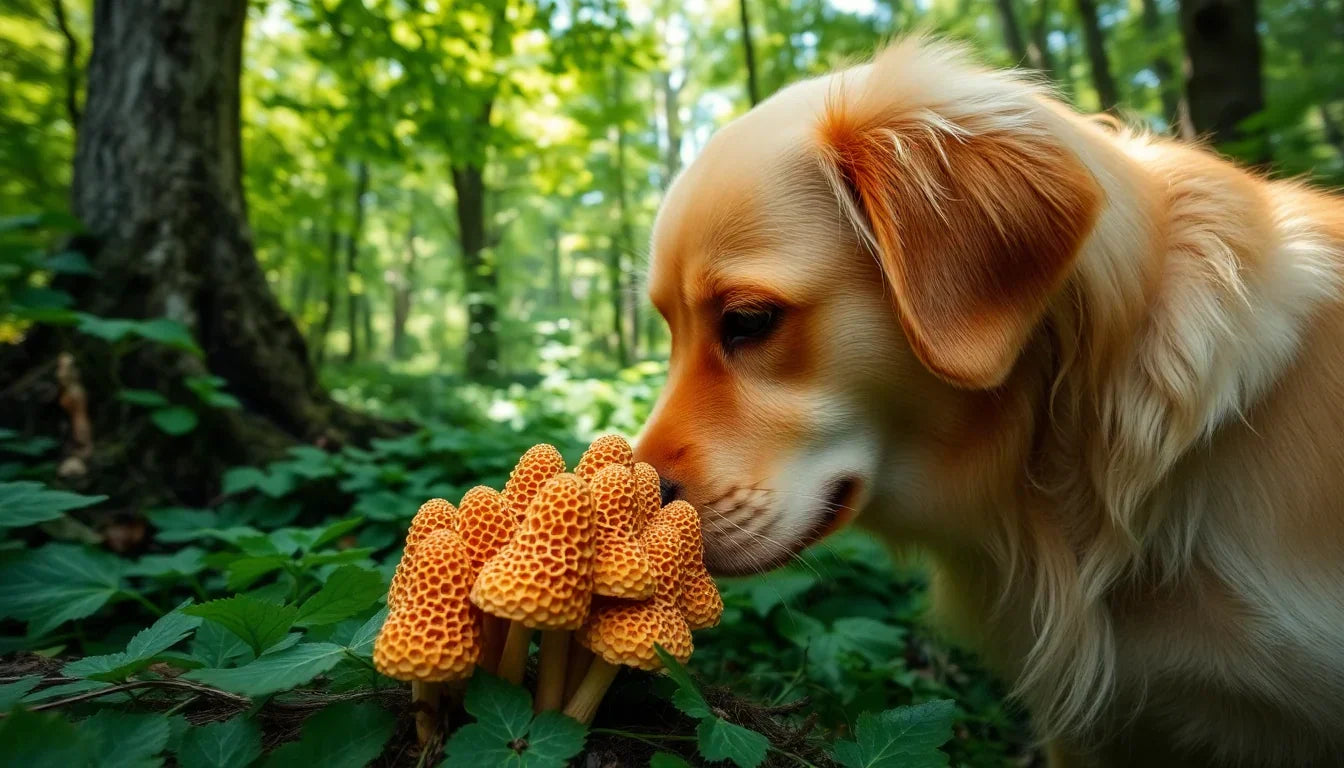

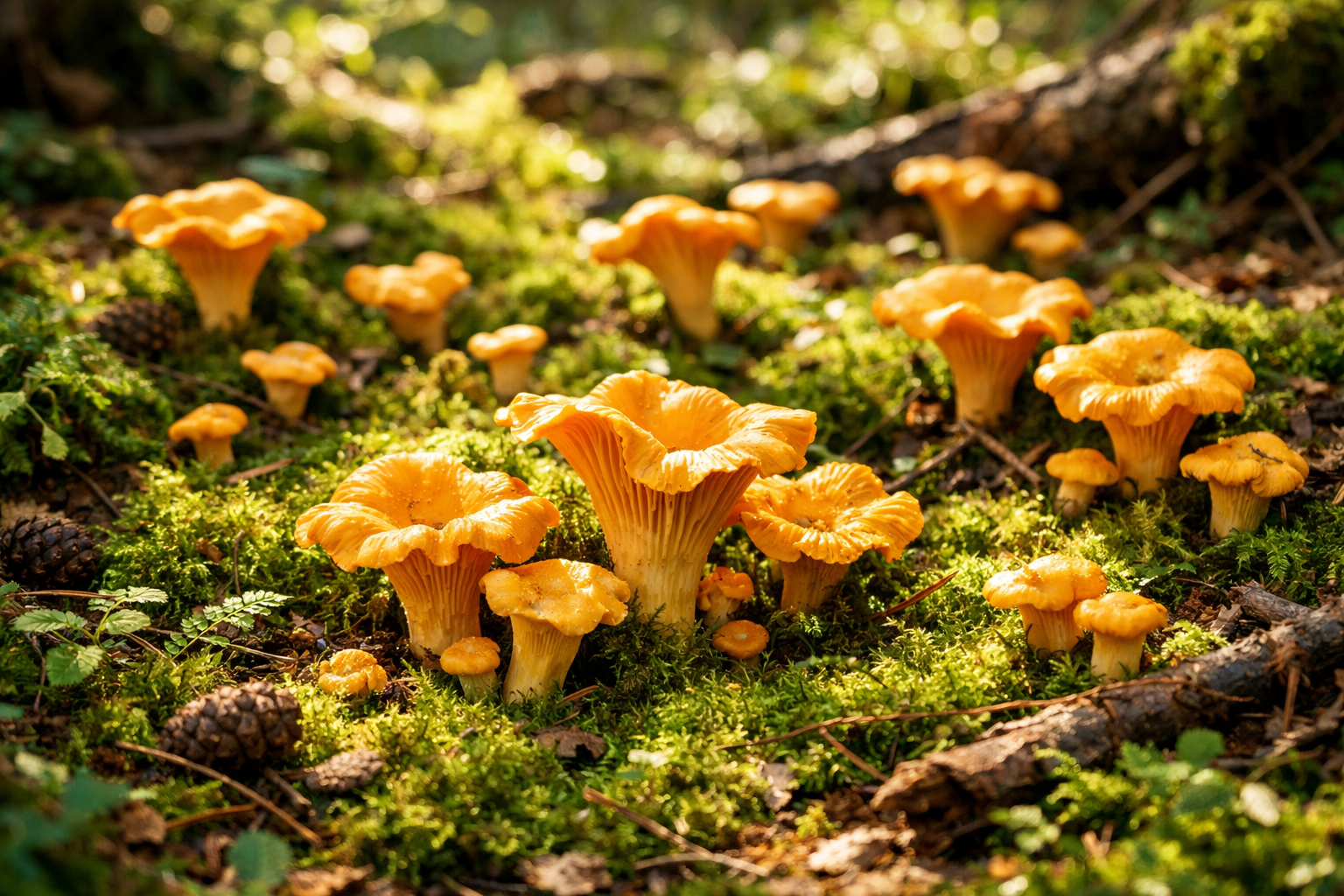
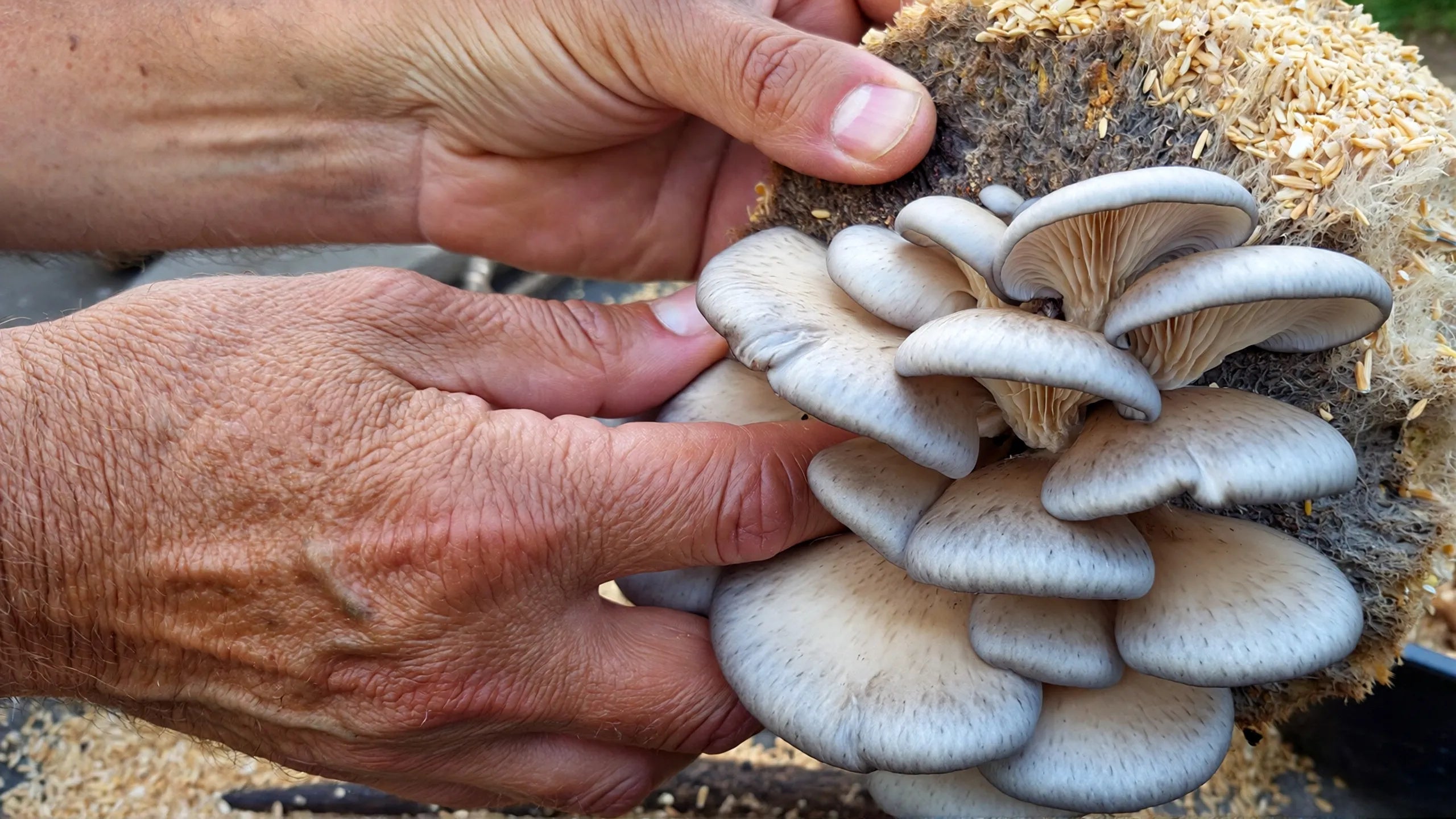
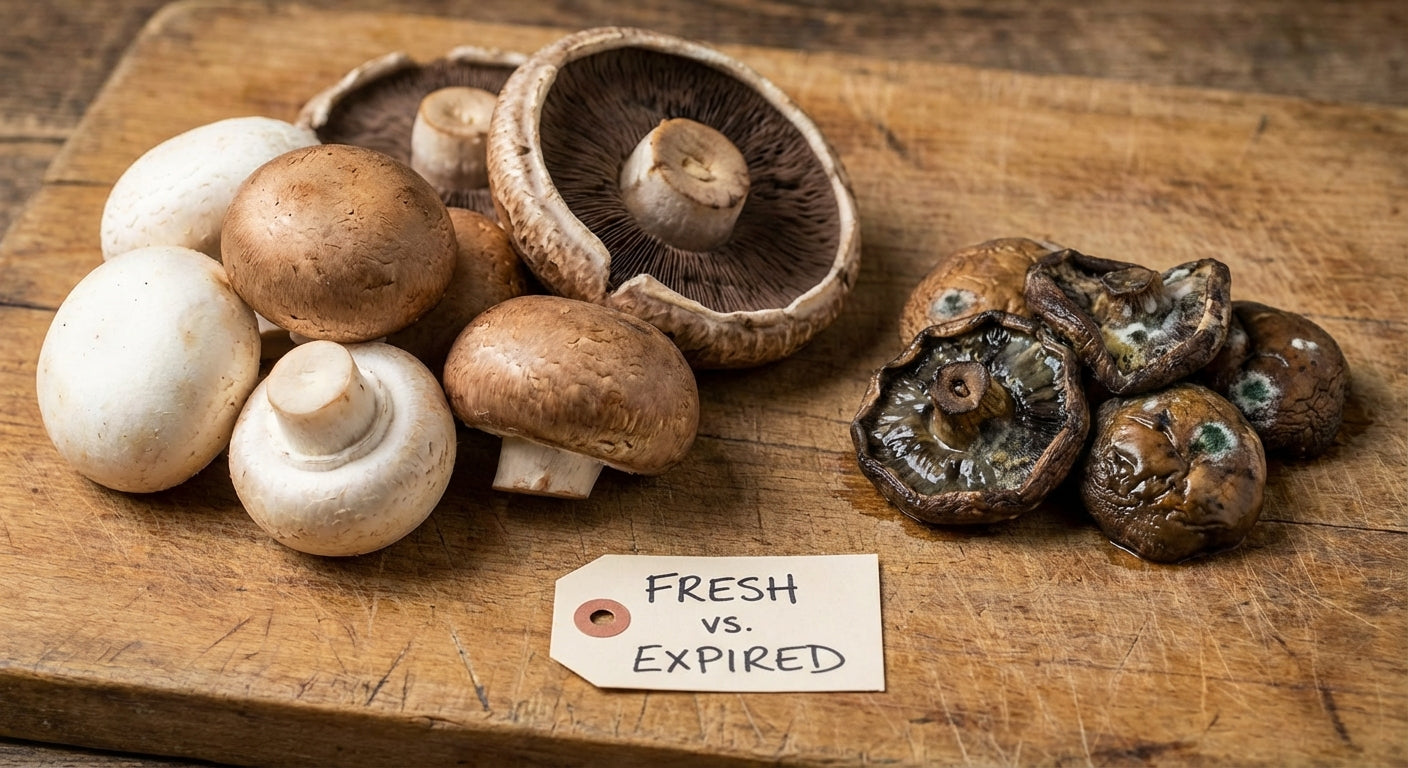
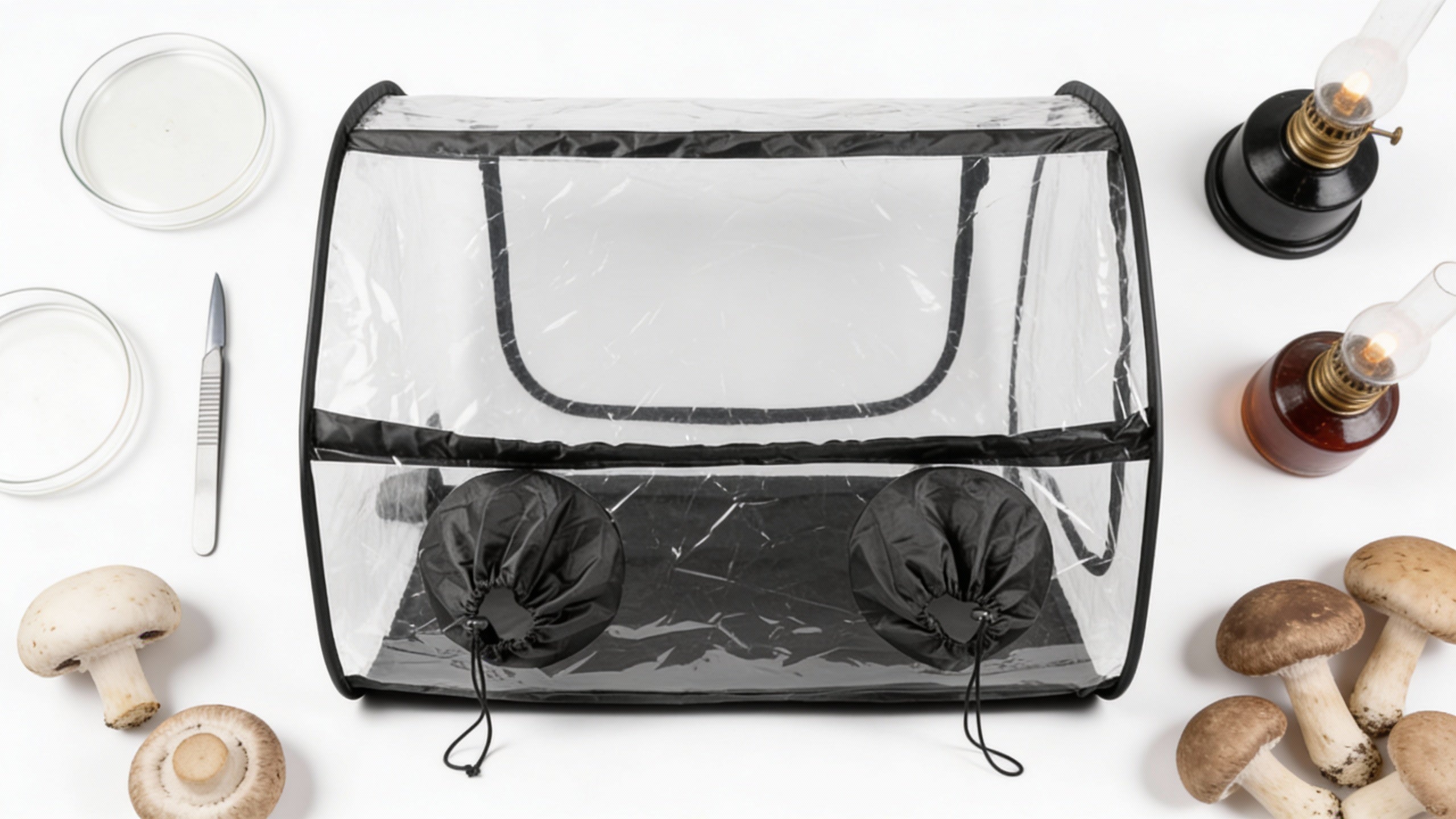
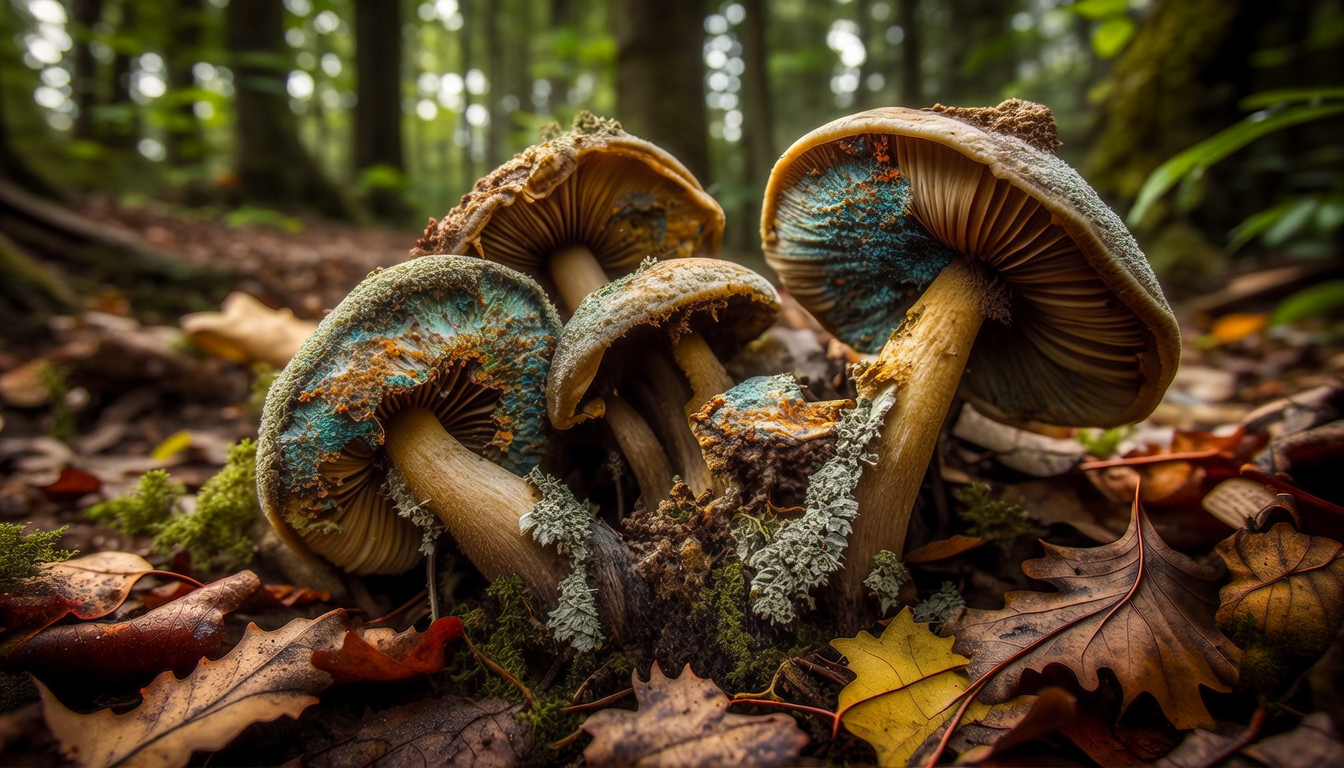
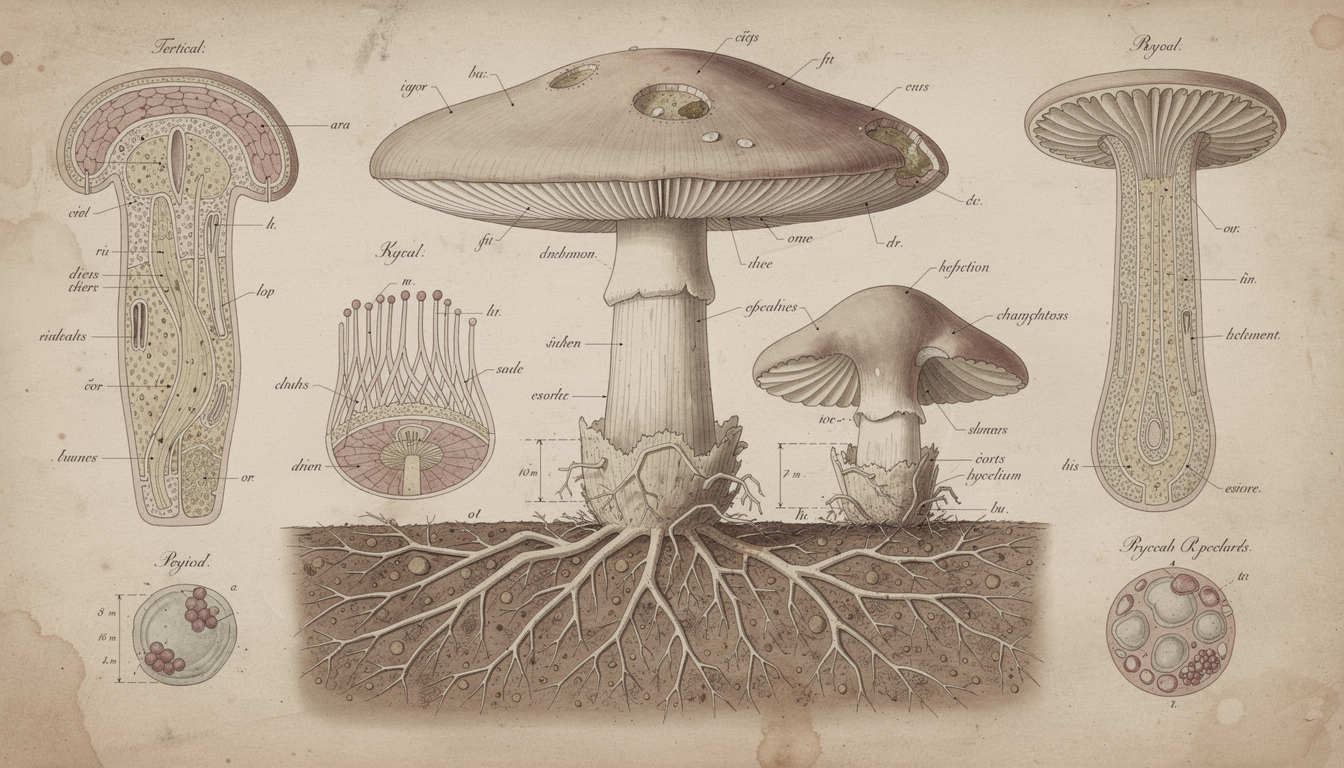
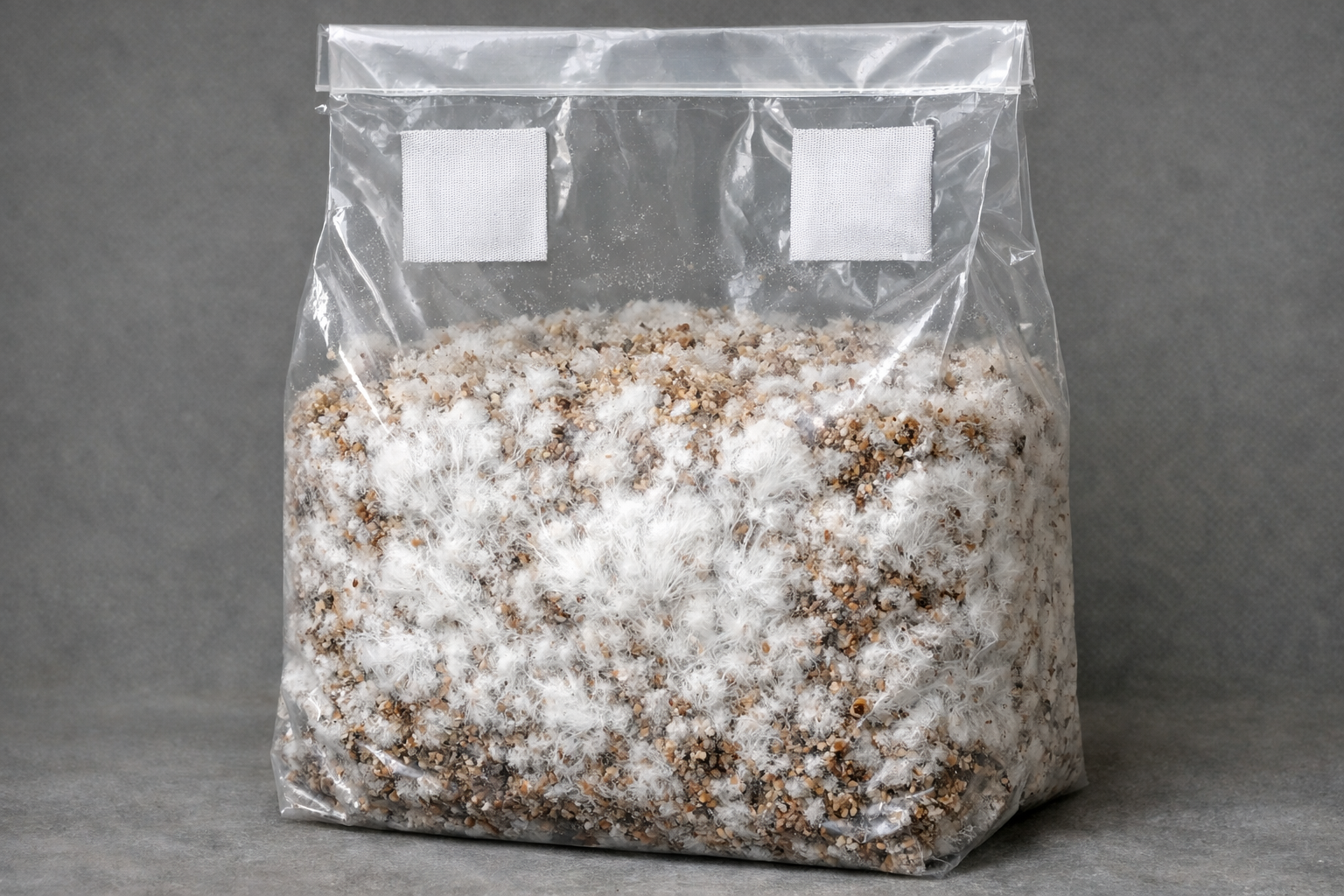
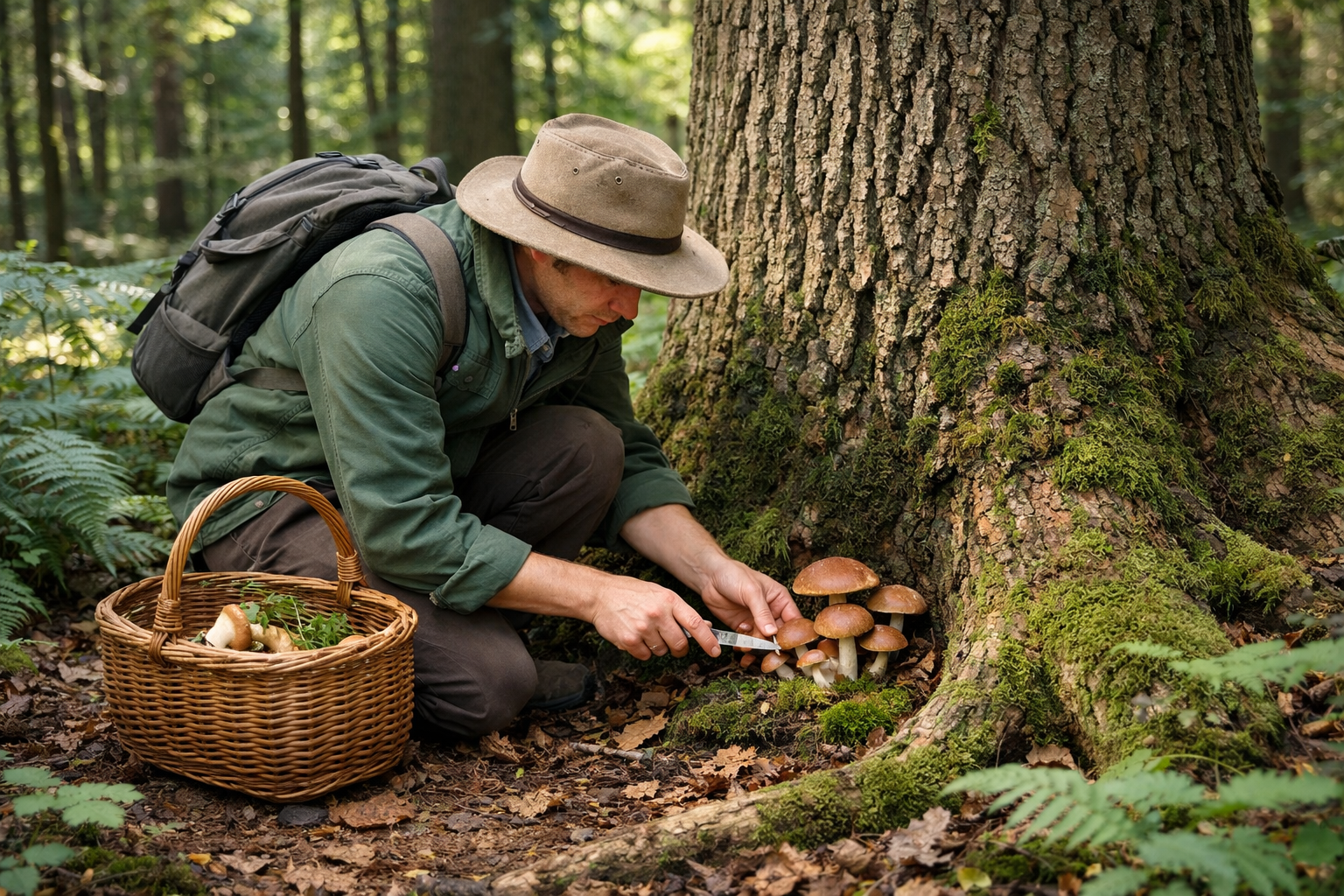

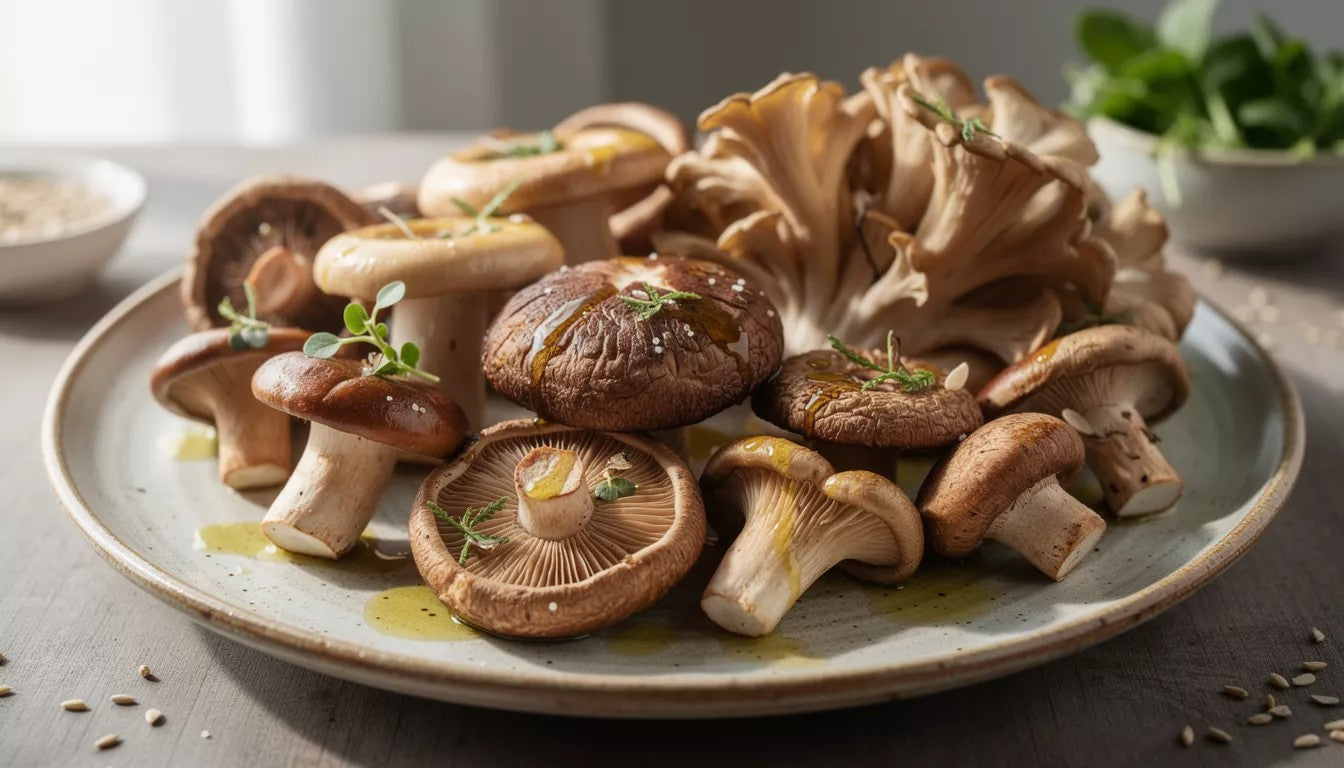

Share:
Morel Mushroom Benefits: Discover Nature’s Hidden Superfood
Morel Mushroom Farm: How to Grow Your Own Gourmet Delicacies